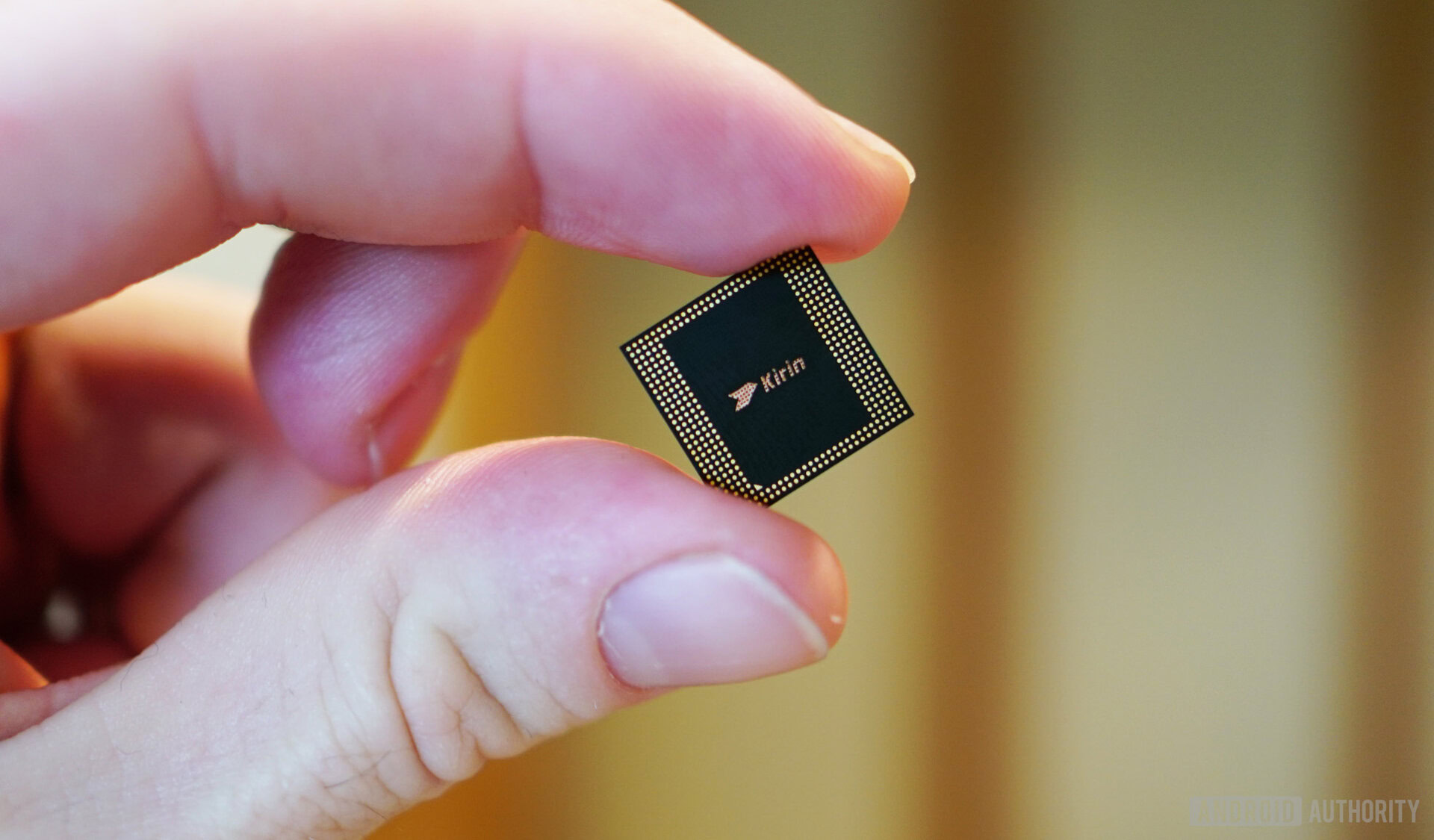Affiliate links on Android Authority may earn us a commission. Learn more.
HUAWEI doesn't have any low-end processors, but that could change soon
July 29, 2019

Huawei is one of the few smartphone manufacturers producing its own chipsets for the most part, with its HiSilicon design unit churning out millions of processors. But the brand is apparently set to offer its in-house silicon to even more phones.
DigiTimes reports that HUAWEI is aiming to have 60 percent of its phones powered by HiSilicon processors in the second half of the year, citing supply chain sources. The outlet states that this figure was standing at 45 percent in the first half of 2019 and under 40 percent in the second half of 2018.
Virtually all of the company’s high-end and mid-range phones are powered by in-house chipsets already. This means HUAWEI will need to focus on producing low-end silicon if it hopes to dramatically boost adoption of its in-house processors. The company currently uses Qualcomm and MediaTek processors for cheaper phones like the Y5 2019 (Helio A22), Y Max (Snapdragon 660), Y7 2019 (Snapdragon 450), and Enjoy 9e (Helio A35).
Read: 10 older Android features that helped shape the OS | 10 best new Android apps from July 2019
There’s no word on whether HUAWEI will produce brand-new chipsets for its low-end phones, or if it will use older mid-range processors like the Kirin 659 instead. But the firm could likely produce new processors built on a smaller manufacturing process (and potentially offering upgraded CPU and GPU tech) to give its low-end devices a performance boost. New chipsets would also ensure that HUAWEI’s new budget phones are comparable to devices powered by Qualcomm and MediaTek.
The news also comes in the wake of a U.S. trade ban against HUAWEI, resulting in Qualcomm cutting chipset supplies to the Chinese brand. So a decision to implement more in-house silicon will better insulate the brand against the effects of a trade ban. Which chipset manufacturer do you prefer? Let us know in the comments!
Thank you for being part of our community. Read our Comment Policy before posting.